I have been fighting with this for a while, so hopefully someone can help me out. I'm open to any and all suggestions.
When I query QGeoAddress::street(), I (may) receive both the street number, plus the street name. I would like to get just the street name.
Example:
King St W -> King St W
99 King St W -> King St W
99a King St W -> King St W ...
1st St -> 1st St
99 1st St -> 1st St
99a 1st St -> 1st St ...
315 W. 42nd -> W. 42nd
42 St. Paul Drive -> St. Paul Drive
I need to do this so that the location of two separate devices can be compared via the most recent street name. If a device is at "99 King St W", it is on the same street as "113 King St W", or "113a King St W".
As it stands, I don't believe regex is a good, reliable solution as there are too many rules to impose and the variability of street names is working against me. Theoretically, there may be a street called "1 St", which would fail the regex normalizing "1 1st St".
Writing my own fuzzy matcher may provide better results, but may fail for shorter street names.
I have also considered querying a REST web service, however many of the free services have limitations on requests per day, or a minimum time between requests that would render that method too expensive.
Like I say, I'd love to hear what you guys can come up with.
Much appreciated :)
